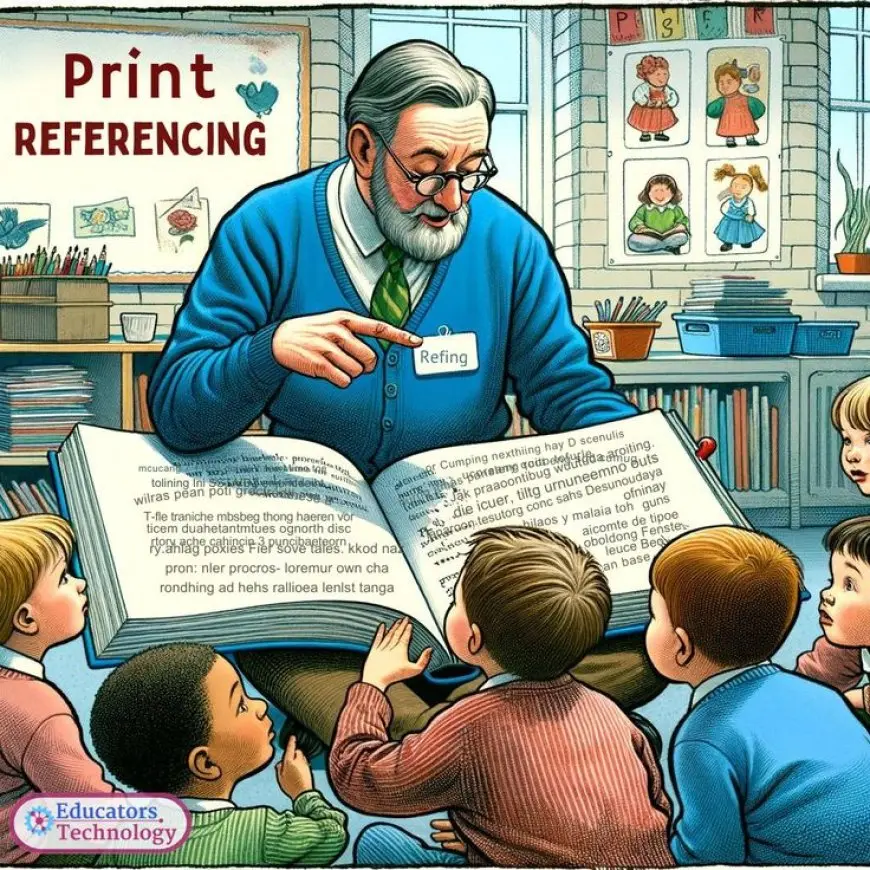Why Reading Aloud is Great for Young Learners
Why Reading Aloud is Great for Young Learners

Reading aloud is a simple yet powerful activity that supports young learners in numerous ways. It not only helps build foundational literacy skills but also fosters emotional, social, and cognitive development. Here’s why reading aloud should be an essential part of a child’s learning journey.
When parents, caregivers, or educators read aloud to children, they introduce them to the rhythm and sounds of language. This early exposure helps children develop phonemic awareness, which is critical for learning to read independently. Hearing words pronounced correctly also expands their vocabulary and improves language comprehension.
Reading aloud encourages children to engage with stories on a deeper level. By listening to a narrative, they learn to visualize scenes, follow plots, and empathize with characters. These skills nurture imagination and creativity while promoting a love for storytelling.
For many young learners, reading aloud creates an emotional connection between the reader and listener. It provides an opportunity for bonding and helps children associate reading with comfort and joy. This positive experience can inspire a lifelong passion for books.
Books often introduce children to concepts they might not encounter in daily life. Through reading aloud, they learn about new cultures, perspectives, and ideas. This exposure broadens their understanding of the world and encourages curiosity and open-mindedness.
Reading aloud also boosts listening skills and attention span. Children practice focusing on the words being read, following along, and retaining information. Over time, this strengthens their ability to concentrate and improves their overall academic performance.
For young learners with limited reading abilities, hearing a story read aloud can make complex texts accessible. It allows them to enjoy stories beyond their current reading level, motivating them to keep learning and improving.
Interactive reading aloud sessions, where children are encouraged to ask questions or predict what happens next, foster critical thinking and communication skills. This dialogic approach turns passive listening into an active and enriching experience.
Reading aloud supports social-emotional learning as well. Stories often address themes like empathy, kindness, and resilience, which help children understand and navigate their own emotions and relationships.
Finally, incorporating reading aloud into daily routines creates consistency and structure for young learners. Whether it’s a bedtime story or a classroom activity, this practice becomes a cherished habit that reinforces the importance of reading.
Reading aloud is a versatile and invaluable tool in nurturing young learners. It enhances literacy, sparks curiosity, builds connections, and equips children with skills that extend beyond the classroom. Making it a regular practice can set children on a path to lifelong learning and success.







